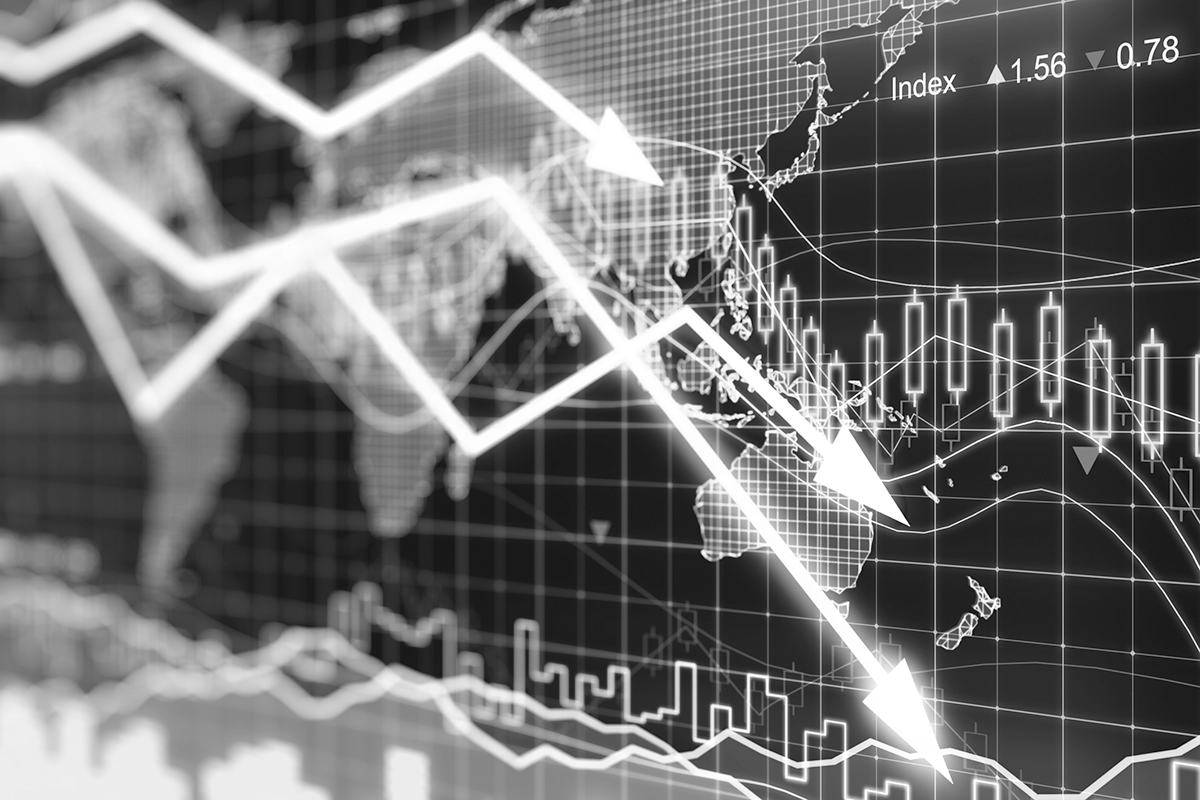What Will Happen to the Tech Industry If There’s a Recession?
By DirectorCorps

August 27, 2019 Technology
An Australian company is selling the first ever Shark Shield technology, which uses electrical currents to deter shark attacks. The technology might sound like a joke, but if it’s your leg getting chomped off by a great white, you might think differently about it.
The modern age has entered a technological boom phase. It’s easier than ever to drive around town while avoiding traffic jams thanks to Google Maps’ real-time route suggestions. Your car might drive you around soon, thanks to self-driving vehicles. Advances in medicine mean computers might more reliably identify disease “signatures” compared to using traditional symptoms, and find better treatments for ailments such as Parkinson’s or ALS.
But what could happen to technology companies if the U.S. or the world falls into a recession? The yield curve inverted on Aug. 13, when the yield on the 10-year Treasury fell below the 2-year note’s rate for the first time since 2005. For the last 50 years, inverted yield curves have been one predictor that a recession will occur within the next two years.
Tech giants with strong balance sheets have seen their stock prices soar since the last recession. As of early August, Apple’s stock increased almost 900%; Amazon.com’s stock was up more than 2,000%. They have also become a larger part of passively managed index funds that track the S&P 500, meaning those funds could also face huge corrections during a fall.
So far, venture capital money has been flowing into private tech companies. Tech companies could run out of cash and be unable to find new sources of funding and some will go out of business, as Matt Rosoff of CNBC notes. Those relying on funding from venture capital for essential operations should have a game plan in case this occurs. Some other companies will be looking to sell or merge.
Even profitable companies may be less likely to fund underperforming business units during a recession. Tech CEOs may lose their jobs and employee turnover may decrease across all companies, as companies pull back on hiring and recruiting.
But all is not lost during a recession. The upside also exists for strong performers when their competitors disappear. Amazon went public in 1997, just before the tech bubble burst. And look where it is today.
The sharks, with or without electrical currents, will win at the end of the day.
